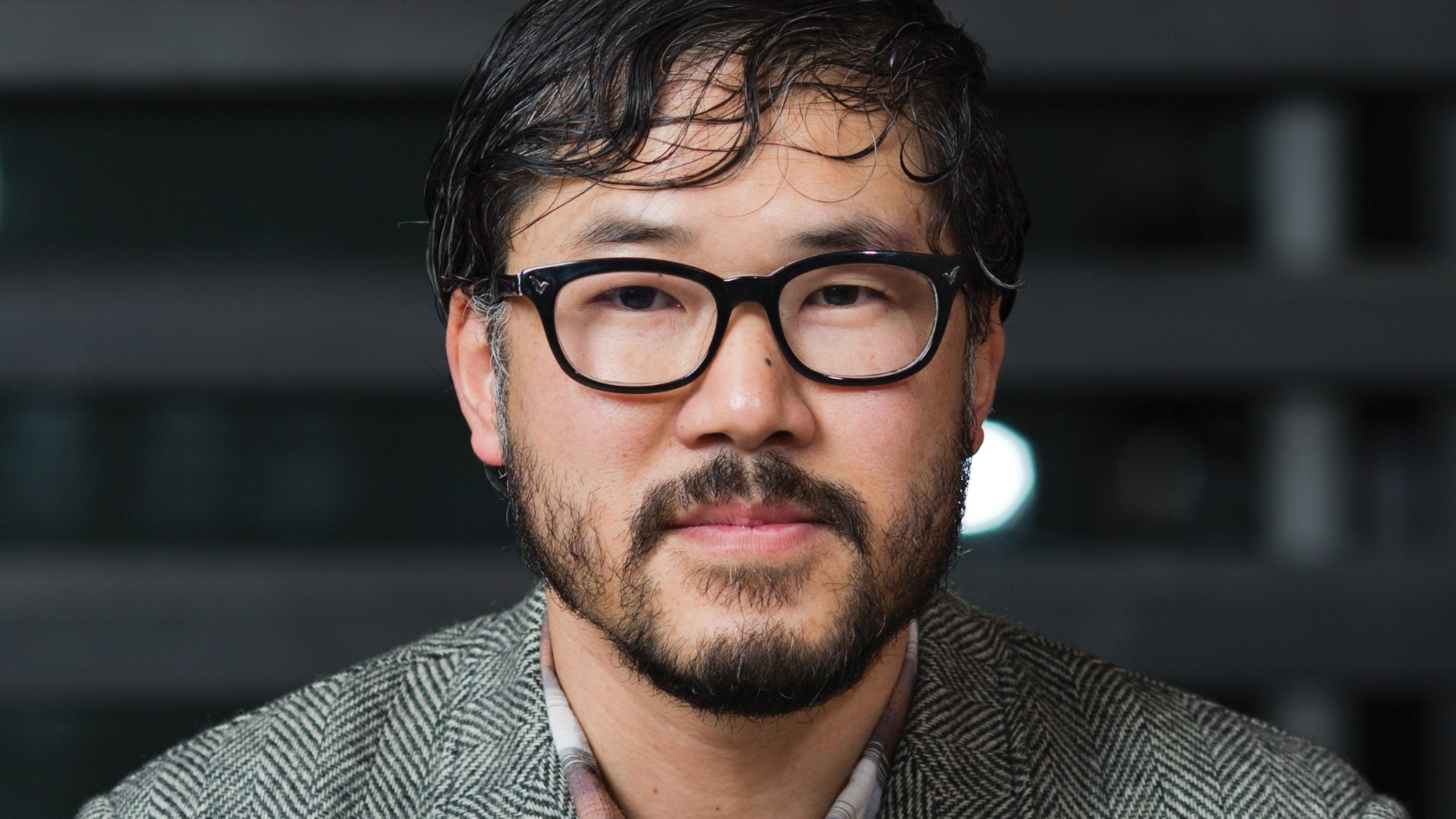Eugene Cho, founder of Seattle’s Quest Church and the One Day’s Wages antipoverty nonprofit, is known for his zeal for justice. Yet he’s deeply doubted the sincerity of his and his generation’s commitment—doubts best expressed in the title of his debut book, Overrated: Are We More in Love with the Idea of Changing the World Than Actually Changing the World? (David C. Cook). Bethany Hoang, founding director of International Justice Mission’s Institute for Biblical Justice, spoke with Cho about rooting our pursuit of justice in the gospel.
What prompted you to write this book?
I went to a basketball game a couple years ago, and the crowd was screaming, “Overrated! Overrated!” at the other team. It’s not that I’ve heard people scream that when I’m preaching, but the possibility of being “overrated” myself is something I’ve sensed throughout my life.
For example, I’ve been speaking, writing, blogging, and preaching about justice. It’s easy to fall in love with the idea. But something gets lost in the actual practice and application. When I started sensing this, I personally felt exposed and began to see the problem in the larger church.
This book began for me when I went to Burma on a research trip. I had thought I would come home with a conviction to write a sermon, maybe a blog post. But instead I sensed the Holy Spirit convicting me to give up a year’s worth of pay.
The conviction was really uncomfortable. It took about three years to come to terms with it, simply because I like stuff. I like money. I like being able to provide for my family. Eventually I came to realize that I really am more in love with the idea of changing the world than actually changing it. When there’s a personal cost to justice, we back off.
You suggest that working for justice is evangelism. What concerns you about the way Christians understand the relationship between justice and evangelism?
I understand the concern that justice can distract from evangelism. We have to be careful, because any ministry can become idolatry. You can idolize justice. You can idolize evangelism. You can idolize the Scriptures. Ultimately, everything needs to be a response to the gospel.
It’s important to speak to people who are apathetic about justice, but also to people who are saying, “Let’s stick with preaching Jesus.” Justice is part of the full scope of the gospel—it’s part of who Jesus is. Jesus’ words are more credible when his followers live them out, including God’s call to do justice, to love mercy, and to walk humbly with him.
You discuss a season in life when you worked as a janitor at a Barnes & Noble. How did this prepare you for your work today?
I don’t like to share stories about God humbling me. I was so angry. I was so hurt and broken. I never departed from my relationship with him, but I felt I had lost control of my life. It’s beautiful that I can look back and say, “Wow. That was a holy time.”
Being a janitor was difficult, not because of the work itself but because it was the last thing I thought God had prepared me to do. I was supposed to be planting a church. I had a full flow chart written out. Working as a janitor was not part of the plan.
But when you’re cleaning a 40,000-square-foot space all morning, you’re confronted with something called silence. And that season became a gift, because God resurrected my prayer life. I came to see silence not as an enemy, but as a necessary companion. It was a time to pray not for the sake of productivity, or because I was speaking at a conference or preaching a sermon, but because my soul desperately needed to encounter the Holy Spirit again.
What can prevent us from, as you put it, “sizzling out” from justice work?
There’s a wisdom and power in naming the reasons we don’t get involved, or the reasons we don’t feel sustained and thus quit and back away. One reason is that there is such brokenness in our world.
Recently I was chatting with a couple friends, and I started tearing up. We were talking about the situation in the Middle East and Palestine, about Nigeria, about the situation at the border in the United States. I felt paralyzed. I couldn’t move. It was a powerful reminder that brokenness can easily lead to paralysis. When this happens, we need to name it.
It’s also important to be aware of our savior complex. Not everything is contingent upon us. Our culture loves heroes. This isn’t bad in itself. But if we’re not careful, we can make ourselves into messiah figures, and that’s unsustainable.
I don’t think that being “overrated” is a foregone conclusion for this generation. The jury is still out about our larger culture, and the jury is still out on my life. I think we could be the most overrated generation in history. Much has been given, and much is to be expected.
This book is, in many ways, my prayer for myself. My hope is that others will read this and that it will bless them, challenge them, rebuke them, and encourage them to think of their lives not as the sprint of one good idea, but as a marathon. It’s certainly not an exhaustive book on justice, but I hope it will encourage people to live a deeper, more faithful life in response to the gospel.











